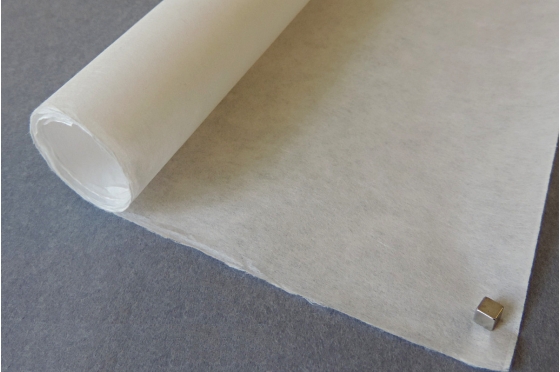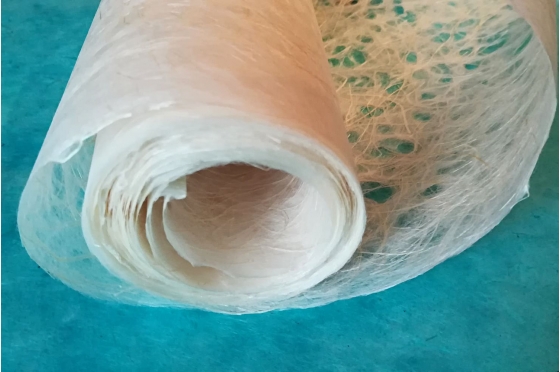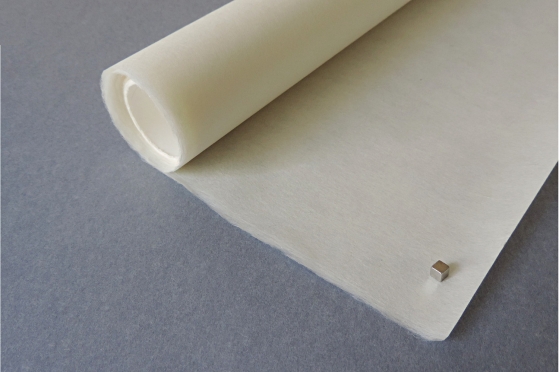(*) Shoji refers to a traditional Japanese architectural element, typically used as a partition or a screen. Shojis are sliding panels made of translucent paper mounted on wooden frames and are often used to divide spaces in homes, temples, and other buildings in Japan.
Shojis are manufactured using traditional Japanese woodworking techniques, with wooden frames assembled using mortise and tenon joinery, and washi paper stretched over the frames to create translucent surfaces. The washi paper used for shojis is typically made from mulberry fibers or other plants and is known for its durability and beauty.
Shojis are appreciated for their elegant aesthetics and versatile functionality. They allow for space division while allowing light to pass through, creating a soft and warm ambiance in rooms. Shojis are also used as doors and windows and can be opened or closed depending on privacy or ventilation needs.
Shojis are often associated with traditional Japanese culture and are used in various styles of Japanese architecture, such as tea houses, traditional Japanese houses (known as "machiya"), and temples. However, they are also used in more modern and contemporary designs, bringing a touch of tradition and elegance to contemporary spaces.
In summary, shojis are sliding panels made of translucent paper mounted on wooden frames, used as partitions or screens in traditional Japanese architecture, appreciated for their aesthetics and functionality.








